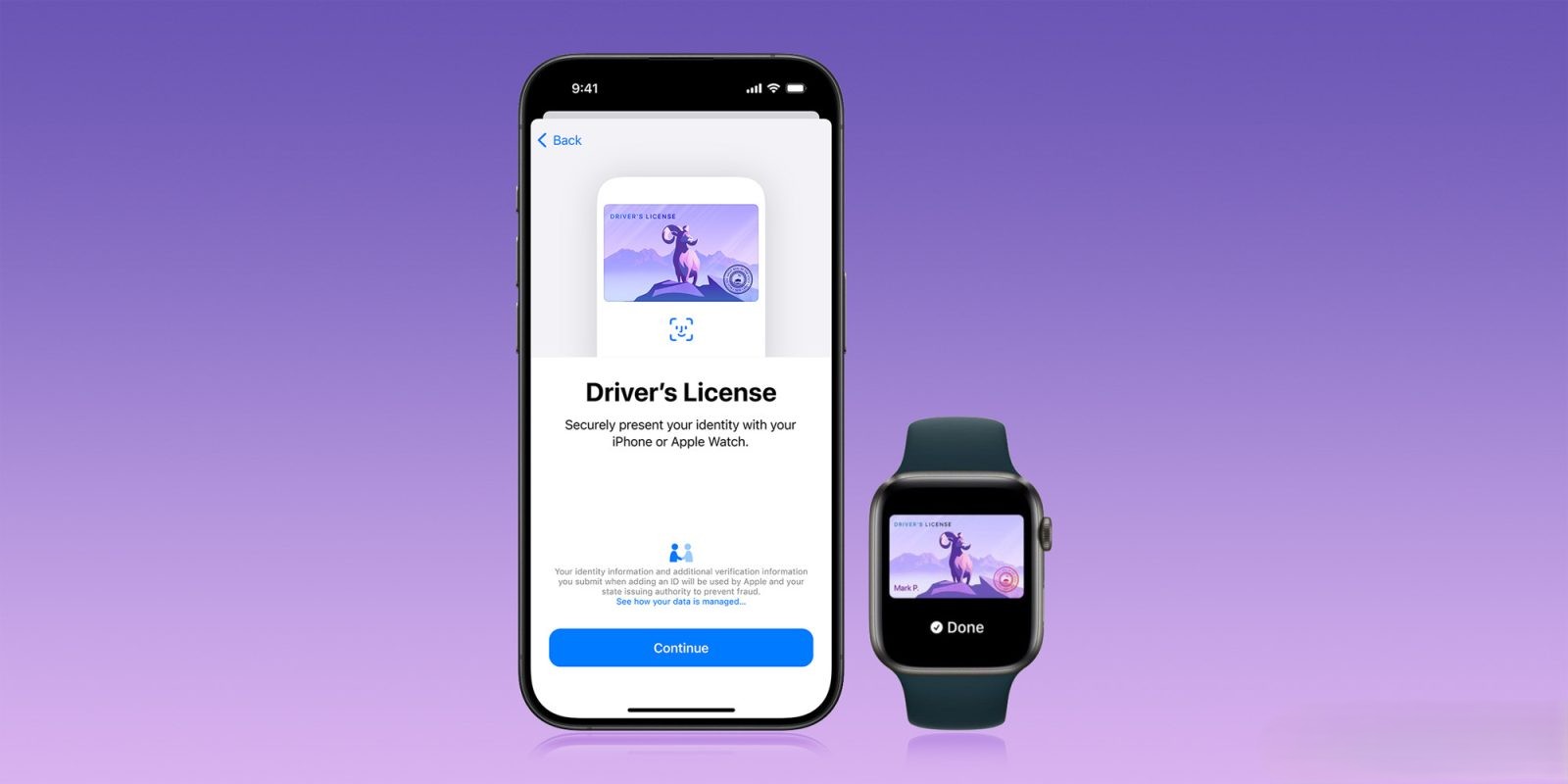In a significant development within the tech industry, Ruoming Pang, Apple’s leading executive overseeing foundational AI models, has departed the company to join Meta Platforms. This move underscores the escalating competition among technology giants to secure top-tier artificial intelligence talent.
Ruoming Pang’s Role at Apple
Ruoming Pang led Apple’s Foundation Models team, a group of approximately 100 engineers dedicated to developing large language models integral to Apple’s AI initiatives. Under his leadership, the team was responsible for creating features such as Genmoji, Priority Notifications, and on-device summarization. Additionally, Pang’s team was instrumental in the ongoing development of a next-generation version of Siri, Apple’s virtual assistant.
Meta’s Strategic Acquisition
Meta’s recruitment of Pang is part of a broader strategy to enhance its AI capabilities. Reports indicate that Meta offered Pang a compensation package valued in the tens of millions of dollars annually. This aggressive approach to talent acquisition reflects Meta CEO Mark Zuckerberg’s commitment to assembling a premier AI research team. In addition to Pang, Meta has recently hired AI experts from organizations like OpenAI and Anthropic, further bolstering its AI division.
Implications for Apple
Pang’s departure presents a challenge for Apple as it seeks to maintain its competitive edge in AI development. The loss of a key leader may impact the company’s ability to innovate and deliver advanced AI features. In response, Apple has restructured its AI teams, with the Foundation Models team now reporting to Zhifeng Chen. This reorganization introduces a new management layer, with individuals such as Chong Wang, Zirui Wang, Chung-Cheng Chiu, and Guoli Yin being considered for leadership roles.
Industry-Wide Talent Competition
The movement of high-profile AI executives between major tech companies highlights the intense competition for expertise in the field. Companies like Meta are investing heavily in AI talent to drive innovation and maintain a competitive advantage. This trend underscores the importance of strategic talent acquisition and retention in the rapidly evolving AI landscape.



